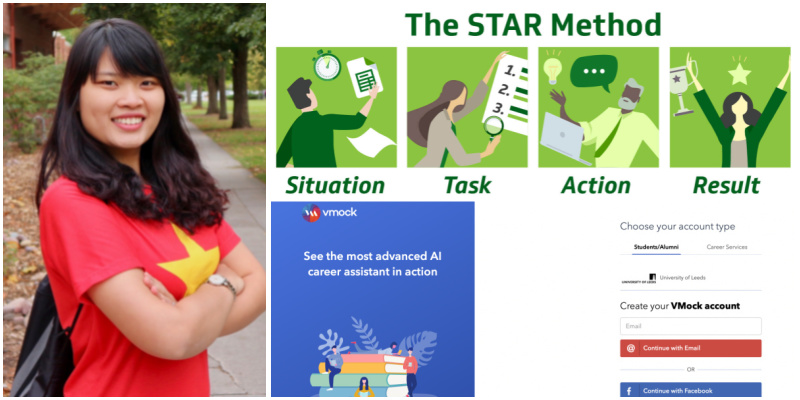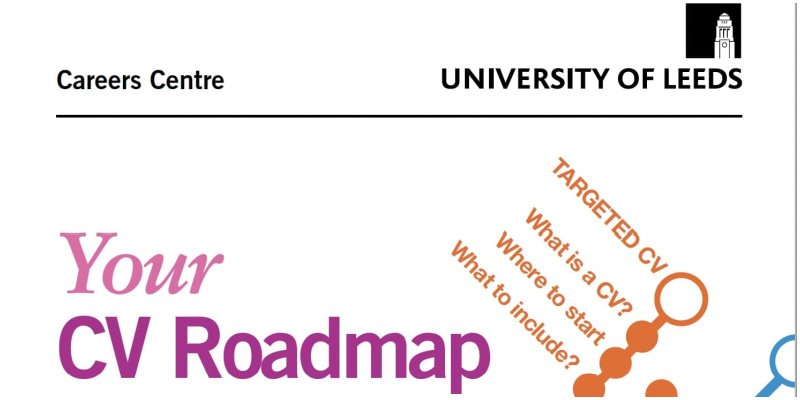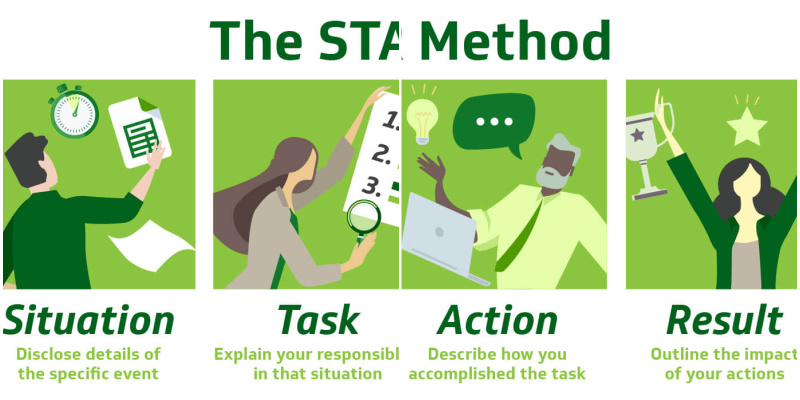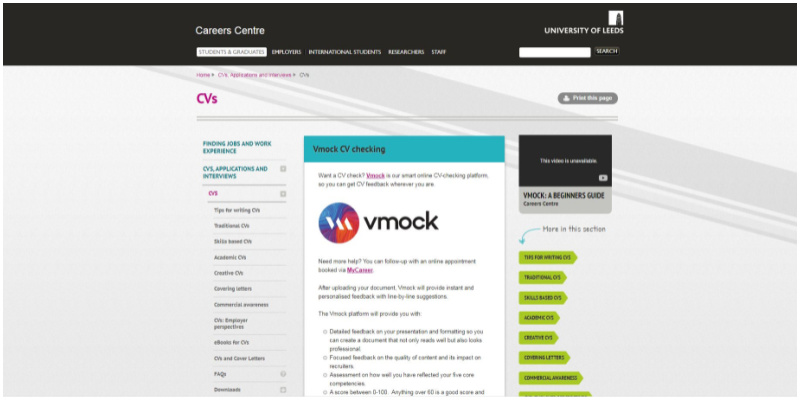How to write a CV for UK Employers as International Students

Today I am going to share with you my experiences in joining a workshop “How to write a CV for UK Employers as International Students” organized by the Career Centre of University of Leeds. The workshop was helpful for me as an international student to learn how to create a UK style CV. Here are a few things that I have learnt from the workshop that I am happy to be able to share with you:

-
What is a CV? And how many CVs are there?
A CV can be considered as your marketing document which aims to provide employers a very brief introduction of a candidate’s skills, experience and qualifications when applying for a job opportunity. There are four main types of CV that you can consider when applying for jobs:
- Traditional CVs:
A traditional CV is among the most used CV style. A traditional CV is normally included with different sections including academic records, work experience, skills, achievements, which are representing in reverse chronological order where you start with your most recent study or jobs.
- Skills based CVs:
Many jobs will require strong employability skills from the candidates. For that reason, you can choose to create skills bases CVs to highlight/put more emphasis on your skills/personal qualities and explain how they meet the job requirements.
- Academic CVs:
Academic CV is normally used when you want to apply for research-based, post-doctoral research or lecturing roles and will highlight your research and academic achievement.
- Creative CVs:
Creative CV is normally used when you want to apply for a role that require high creativity such as marketing, advertising, media, graphics, and publishing…The layout/design of your CV plays a critical role but not more important than its content.
2. Before starting to create your CV, think about what you can offer as an international student?
Before beginning your CVs, spend time to think about what your strengths are as an international student and what you can contribute to the organization. Reflect positively on your international background, knowledge, and experience.
- Language skills:
Knowing more/ Being fluent in more than one language besides English can also be your strength as you can contribute to support your future company to communicate with their overseas markets/ partners.
- Cultural knowledge and awareness:
Your diverse cultural knowledge and background can be useful if your employers are interested in exploring and creating the right impact on new overseas market/customers.
- Overseas contact and network:
Again, this can also be useful as you can utilize your contact and network in your home country/region to help your company reach the right people/ partners.
3. Developing your CV.
Step 1: Deciding what kind of CV will be suitable for your application.
- Do some research about the company that you want to work for, about the role/position that you want to apply for. Then decide on what style of CV would be the most suitable for the application.
Step 2: Use positive, professional and enthusiastic language in your CV.
- Use proactive words and phrases that can convey your ability to achieve. Start your sentence with ACTION words, here are some examples:
- Keep your sentence short and precise. Focus on highlight the impacts that you have created.
- Be confident in presenting your skills and qualifications. Avoid using terms like “I hope/ I believe/ I think”.
Step 3: Use the STAR method to include in some examples.

STAR method stands for “Situation- Task- Action- Result”.
- Situation- what was the situation that you were in? This should be just a brief description.
- Task- What tasks that you and your team were allocated to do?
- Action- What action did you take? Why? How did you do it and what skills you used?
Note: you are advised to highlight the action part of your example and clearly demonstrate the skill you have used.
- Result- Describe briefly what the results of your action, what impacts you created and what you have learnt from this experience.
Step 4: Check your spelling and grammar.
- Utilize the active voice to describe your actions/ experience. Avoid using passive voice.
- Do not use too much of the personal pronoun “I”, it might make your CV less professional.
- For all studies or work that has been completed, you can use simple past tense. And for studies or work that is currently going on, you can simple present tense or present perfect tense.
- Always check to make sure that your CV has no spelling or grammar mistakes. You can ask for your friends’ support to help you proofread your CV.
Step 5: Utilize Vmock or book a CV check appointment with the Careers Centre to check and improve your CV.
The Careers Centre of University of Leeds offers a lot of supports for students, especially international students to be able to create the best and most effective CVs. You can book an appointment with staff from the Careers Centre or you can utilize Vmock – a smart online CV-checking platform.

In conclusion, the workshop was interesting and useful for international graduate students like me. Thanks to the event, I have learnt a lot on how to design and create a good CV, which help me to prepare myself better for the application process. I am really looking forward to more workshops like this from the Career Centre in the coming future.
